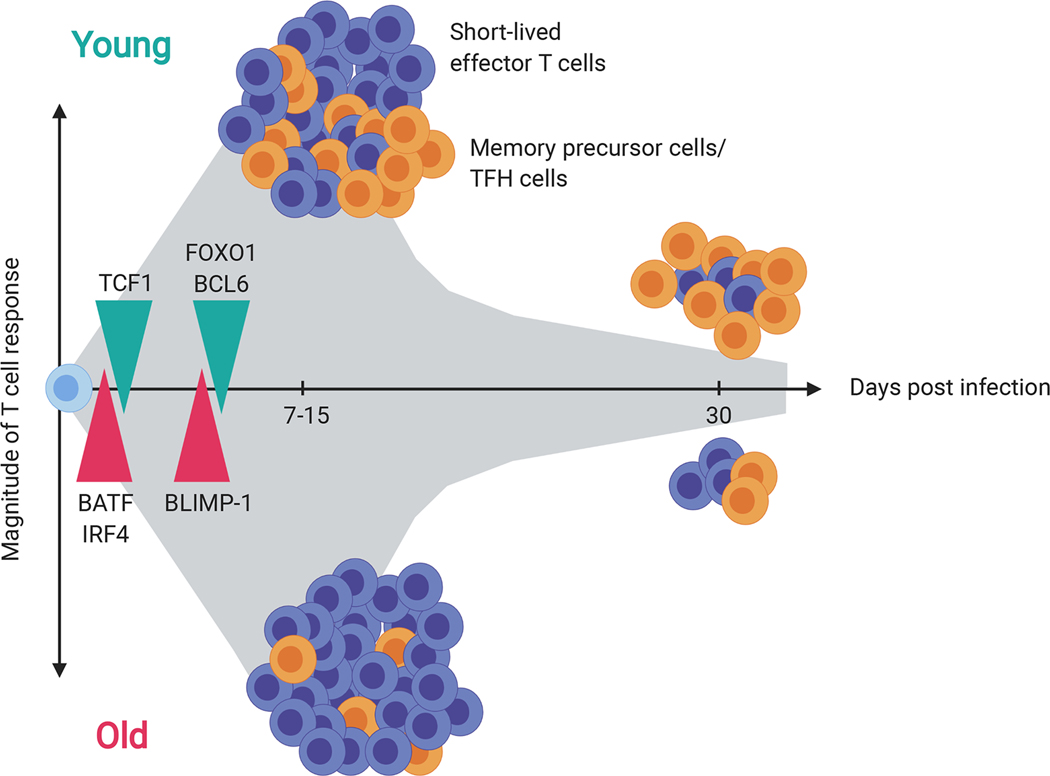Figure 4. Skewed differentiation of naïve T cells after antigen encounter.
Naïve CD4+ T cells in older individuals tend to differentiate into short-lived effector T cells after antigen stimulation coupled with an impaired development of memory and TFH cells. This results in a curtailed memory population after infection or vaccination in older individuals. Mechanistically, the skewed differentiation is partially due to an early shift in transcription networks including upregulation of BATF, IRF4 and BLIMP-1 and loss of TCF1, FOXO1 and BCL6.

